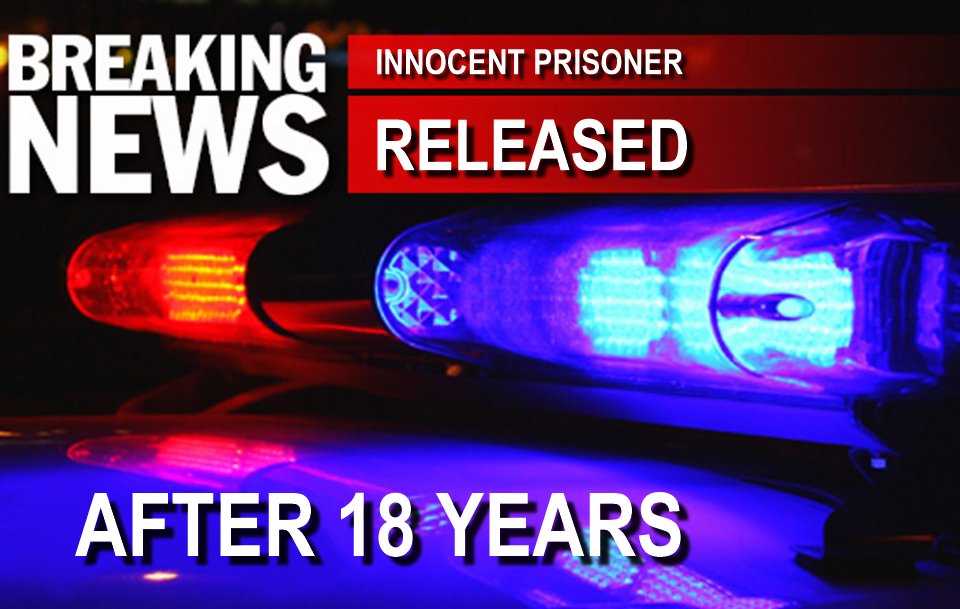Should you be in prison? Statistics provide predictive clues about children who when subject to certain sets of variables will end up suffering a premature death, commit suicide, or end up living a life behind bars, possibly even death row.
Keeping in mind that people are not statistics, and there are always objections to the rules, there are certain situations of lifestyles which when you see a child having to succumb to these circumstances can turn nearly anyone into an armchair prognosticator.
With hindsight being 20/20, we can review the lives and lifestyles of adults who have been incarcerated, unexpectedly arrived in emergency rooms, or prematurely registered to mortuaries.
What you find, as you might have expected, is that many of these adults lived underprivileged lives in their youth. If a child’s life is impoverished, and lacking in many areas of life, such as strong parenting figures, positive support systems, and self-esteem, this increases the chances of having trouble later in life.
This is the stereotypical observation.
The data which you might find shocking is that many adults whose lives end prematurely, live lives either revolving through the legal system or spend life behind bars, were raised in families that were thought to be privileged.
Their families lived in nice homes, lived in better areas of town. Their homes had well-manicured lawns, with nice cars in the driveway. These kids wore designer clothes, went to the best schools, got good grades, and participated in sanctioned extracurricular school activities, were members of the Boy Scouts or Girl Scouts, and reached high levels of achievement in and outside the classrooms.
While there are hundreds of variables, some of the most common ones include
Lack of Positive Connection
Positive connection includes spending time commiserating with family and positive role models, not excluding positive human touch. A contemporary term respecting the aspects of positive connection is, “nurturing.”
Children who are denied being able to develop a positive connection with a parent or alternatively other supportive family members may find themselves short-changed as they grow into adulthood.
Connecting with your child takes time, which many successful parents have very little of when running the rat race and trying to keep up with the Joneses, so to speak. With many families depending on two incomes, there’s a good chance that there may be no one home when latchkey kids come home from school and learn to fend for themselves.
Touching is a key component in connection, without it babies die. Humans are designed to connect via positive skin-to-skin exchange. So, it’s not enough to be there, you need to be touching.
In contemporary society, the idea of touching a child probably sounded a warning alarm inside your head, because touching a child is bad. And this has set the alarms of many parents initiating a perceived panic and struggle with the idea of maintaining positive physical contact with their offspring (especially those of the opposite gender) to avoid possible misinterpretation or legal ramifications.
Many parents have found themselves trying to explain themselves in front of a judge or have even been incarcerated because someone accused them of inappropriateness in positive physical nurturing of a child.
That would strike fear into the heart of any law-abiding loving parent.
The child is left to pay the price for this lack of nurturing as they approach adulthood and continue to have to find ways to cope in a world that is out of control.
Even so, there are children who have faced the worst of circumstances in their early years, who come from the most modest, even severely abusive childhoods who become powerful members of society.
These are the unsung heroes.
If you knew the details of their childhoods, you might ask them, “Should you be in prison?”
Statistically, maybe so, but these people found the wherewithal to go against the odds, take charge of their own lives, and decided not to become a statistic.
If that’s you, I thank God for you and admire you for taking the high road to live a better life, your best life, and make the world a better place.
May God bless you and yours.

